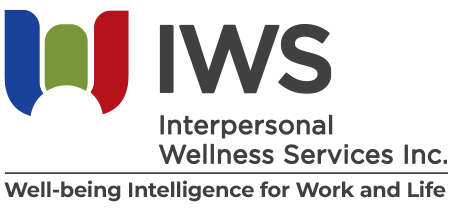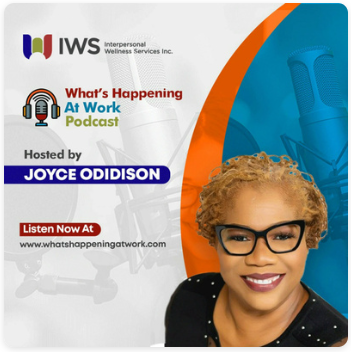This morning I led a class of leaders in the foundations of leadership coaching course. It is a course I teach every week, as more leaders are recognizing that they need a different way to approach employees to promote psychological safety at work, as we advance to a hybrid workplace.
The work in this course helps leaders to have conversations around issues that could sometimes lead to a combative process.
One of the situations we coached in the class today was a lateral coaching opportunity where the leader needed to coach a peer and not a subordinate.
Interestingly, most people forget that coaching is a powerful way to handle all levels of relationships. It can be used to manage and coach up to senior leaders who are off their game, and it can also be used to coach laterally to colleagues who need support, as well as to coach your subordinates and team members.
I have seen this type of coaching used very often to increase collaboration, engagement, and enhance working relationships.
In the coaching session today, the goal was to create an action step for a colleague to help create a change that was desired by one individual while the other colleague seemed to be okay with the status quo. (We cannot assume the other person did not see it as a problem, they were not asked).
Since the goal was to get the other person to see the problem and get them on board to help change the situation, it was important for the leader to communicate their perspective collaboratively without blaming or shaming, so she could win the other person over to her side.

If this seems like we were learning negotiation skills, you are correct. Coaching is a brilliant way to learn and up-level a multitude of soft skills at once. The process of relational leadership coaching engages the leader in thinking about ways to improve their relationship while getting things done. This requires them to engage several skills at once to affect the change they want to make.
Here are ten skills you are sure to enhance in any given coaching conversation:
- Self-awareness – The ability to be aware of your own feelings, assumptions, judgments, and biases.
- Curiosity – The ability to consider what the other person knows, what and how they are thinking or are aware of
- Communication – The ability to share your thoughts, needs, and interest clearly and impactfully.
- Negotiation – The ability to collaborate, value others’ perspectives, and meet mutual needs and interests.
- Listening – The ability to listen to more than what they say with words but also the hidden meanings that can be missed in communication.
- Understanding – The ability to understand the other person’s perspective without a need to thwart it.
- Conversation – The ability to engage and converse in an egoless dialogue without the need to judge or blame.
- Feedback – The ability to give feedback that is relevant to what is being discussed.
- Goal-Setting – The ability to set goals that are attainable and focused.
- Patience – The ability to let the other person figure out what they want and build their courage to state it.
As the rate of mental health and autoimmune diseases becomes more prevalent among employees, leaders must change the way they engage, relate, and communicate with employees, and coaching is a powerful strategy to do so.
If you are interested in learning any of these skills, I am offering free access to this coaching course for my readers who are curious about accelerating their relational skills, as we quickly transition from remote work to having more employees back in the workplace.
If you are curious about bringing the Relational Leadership Coaching program to your workplace, message me.
Your Wellness,
Joyce


